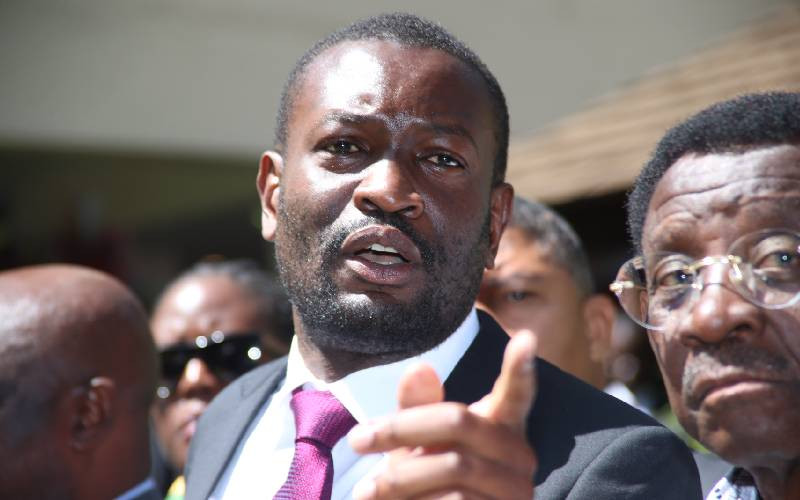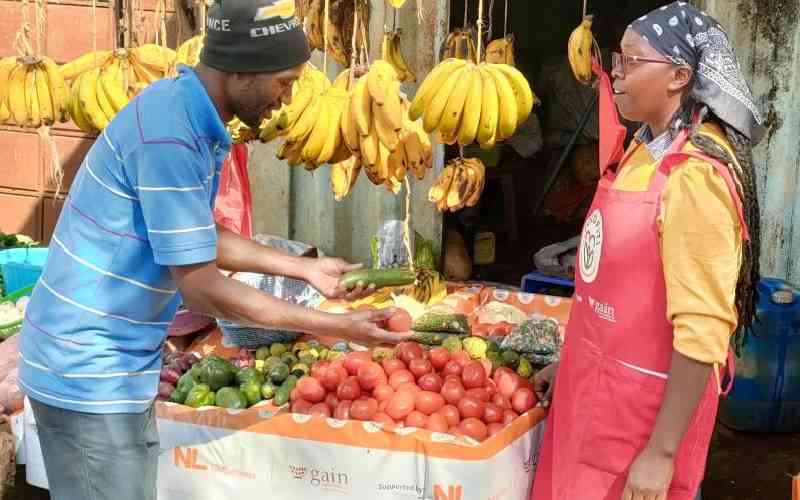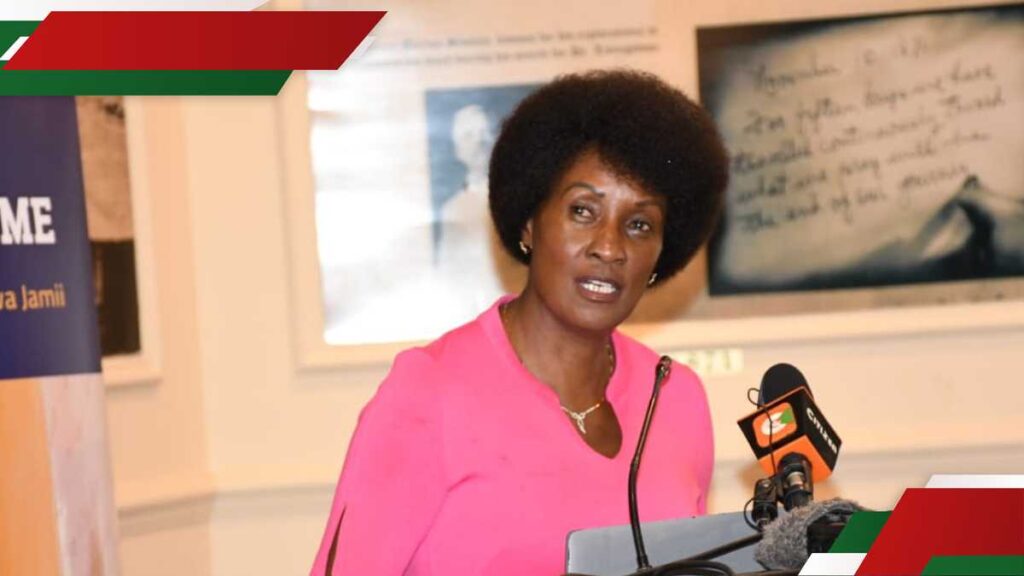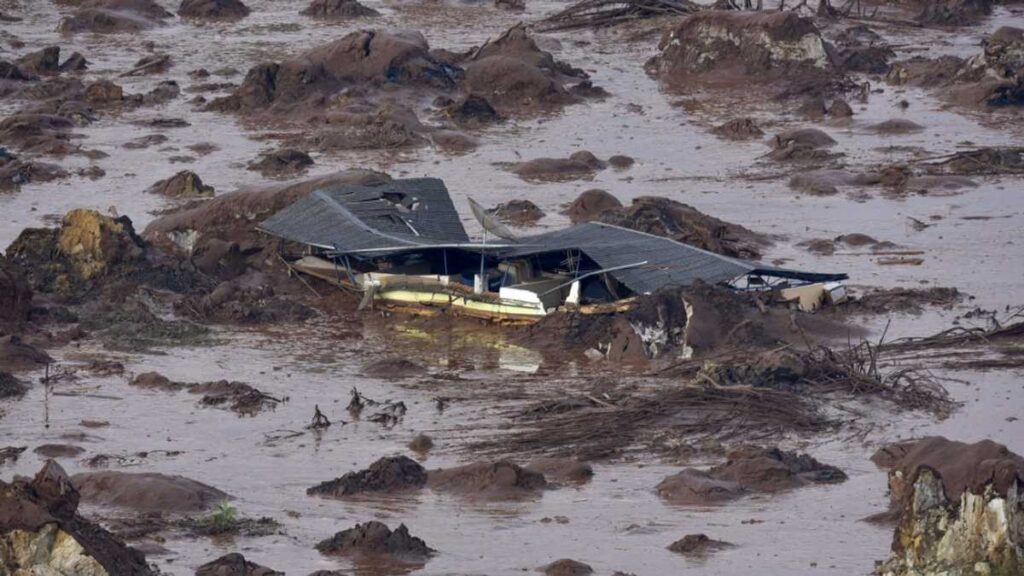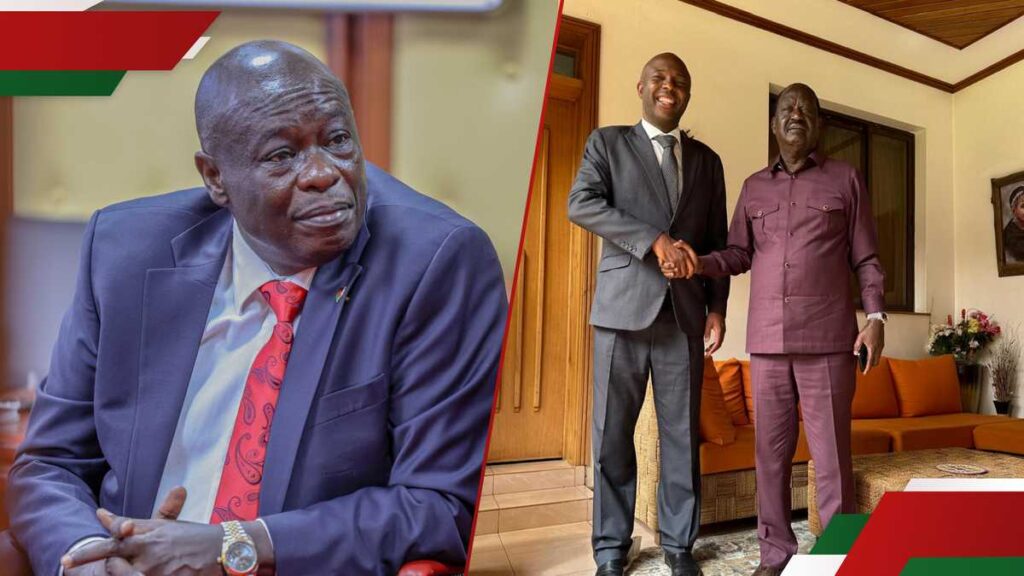Esther Njeri, a vegetable vendor in Nairobi, begins her day before dawn, hoping to make enough to cover the rising cost of living.
Yet, no matter how hard she works, her earnings are barely enough.
“Everything is expensive — taxes, food, even school fees,” she says, her voice heavy with worry.
Like millions of Kenyans, Njeri is caught in the grip of a growing public debt crisis that is slashing government spending on essential services while driving up taxes.
As families struggle to survive, Kenya’s ballooning debt burden is becoming a crisis felt in every home, at work, and even in businesses, as many are forced to shut down.
CMC Motors Group, which has announced the closure of operations in the country, said despite restructuring efforts and a transformation programme initiated in 2023, market conditions have not provided a sustainable path forward.
“This decision follows a thorough evaluation of the business in light of sustained market challenges, including economic pressures, currency depreciation, and rising operational costs,” the motor company stated.
Development projects
A 2024 Parliament report paints a grim picture, warning that the country’s escalating debt and the failure of public officers to account for spending are threatening to shrink the economy, stifle job opportunities, and limit resources for crucial development projects.
The report reveals that government officials have failed to account for borrowed funds and overreliance on debt is proving unsustainable, putting additional strain on the economy.
As of July 2024, Kenya’s public debt stood at Sh10.6 trillion, about 70 per cent of the country’s Gross Domestic Product (GDP).
Parliament has pointed to poor tax policies, ballooning debt, and audit queries — including undrawn balances and non-compliance — as key contributors to the nation’s fiscal troubles.
“Adverse weather conditions, such as projected La Niña events, may negatively affect agricultural production, reduce private consumption, and worsen the current account balance,” it stated.
The report highlights that the government has borrowed extensively but lacks the necessary accountability to manage these funds effectively. This has led to a reduction in resources for new development initiatives.
Stay informed. Subscribe to our newsletter
The Kenya Revenue Authority (KRA) is now under pressure to collect more taxes to pay off the debt and fund vital projects.
“The reduction in development spending will impact local funding, while foreign-funded spending will increase, leading to greater reliance on donor support,” the report warns.
In 2024, only Sh277.325 billion was allocated for development partner funding, with 31 per cent sourced from bilateral loans and grants, primarily from countries like France, Germany, Japan, China, and South Korea.
Loans and grants
The bulk — 69 per cent — came from multilateral loans and grants, including Sh107.63 billion from the World Bank and Sh37.78 billion from the African Development Fund.
Despite the availability of these funds, the report stresses that challenges in effectively implementing projects have led to lower-than-expected expenditure, with taxpayers bearing the cost.
Health and education sectors also receive significant portions, with Sh21.6 billion designated for HIV, malaria, and TB control.
The report points to unresolved issues that hinder the timely and efficient completion of projects.
Audit reports for the 2021/22 and 2022/23 years show that several projects received adverse or disclaimer opinions, indicating persistent issues in financial management.
The report warns that delays in fiscal measures, such as Public-Private Partnerships (PPPs) and revenue collection, could stifle growth. Rising borrowing costs, adverse weather conditions, and downgrades by rating agencies threaten Kenya’s ability to maintain sustainable consumption, investment, and agricultural output.
“Given the ambitious deviation from the historical trend in the growth of ordinary revenue (Sh3.1 trillion), it is important to keep an eye on the proposed measures to achieve the revenue collection target because any shortfalls may pose a significant risk to the implementation of the approved budget,” the report says.
Instead of relying on new taxes to close the fiscal gap, the report stresses the need to improve existing tax administration systems to meet the revenue collection target of Sh3.1 trillion for the 2024/25 fiscal year.
“Kenya needs to collect more money, spend carefully, and manage its debt better, especially after losing the Finance Bill 2024,” the report concludes.
The Auditor-General flagged Sh133.4 million in ineligible expenditures, presenting risks to the proper use of funds. The report also points out that 21 projects failed to maintain separate bank accounts, increasing the risk of fund commingling.
Non-compliance with counterpart funding obligations was noted, with 13 projects facing potential delays due to a lack of allocated funds. Procurement risks, such as contract violations and excessive contract variations, have also contributed to financial inefficiencies.
Pending bills totalling Sh65.9 billion under donor-funded projects have carried over into 2023/24 financial year, risking further delays and inefficiencies. The report underscores the urgent need for better financial management to avoid additional strain on Kenya’s already fragile economy.
The report urges fast-tracking fully funded development projects to ensure Kenyans benefit, noting that slow execution and underutilisation have hindered the development budget.
Despite Kenya Kwanza’s alignment with the Bottom-Up Economic Transformation Agenda, the report states that the initiatives have largely failed to deliver results.
“The challenges facing both domestically financed and foreign-financed projects are likely to cause delays in achieving the expected returns from public investments, which can impact the country’s economic growth,” the report states.
Kenya’s financial situation shows the country needs to collect more taxes, spend money wisely, and handle increasing debt carefully, especially after the Finance Bill 2024 failed.
The gap between what the government earns and spends (the fiscal deficit) is expected to shrink to 4.3 per cent of the country’s total economic output (GDP).
Finance Bill
“Kenya’s fiscal outlook reflects the need to enhance revenue collection, rationalise expenditures, and manage rising debt, especially after the loss of the Finance Bill 2024. The fiscal deficit is projected to decline to 4.3 per cent of GDP.
“Most current projects with pending or stalled bills are domestically financed. Therefore, a reduction in domestic financing may adversely affect the performance of ongoing projects and increase the risk of pending bills and stalled projects across the country,” the report states.
It adds that due to stretched foreign borrowing, the government has opted to borrow locally, coupled with the lost funds after the Finance Bill failed, which leaves less money available for businesses to borrow.
The report highlights that despite annual changes in tax policies, revenue collections have not improved, underlining a key issue: new policies alone do not guarantee better compliance or higher revenue.
“Future tax policies should account for these effects to prevent undermining revenue in various sectors. Stricter enforcement and continuous evaluation will improve tax administration,” the report advises.
Tax polices
“Rather than relying on the introduction of new tax policies that may create new burdens for Kenyans, the government should focus on improving tax administration through better enforcement of current policies, enhanced data analytics, and increased use of technology to simplify tax processes and improve compliance,” the report concludes.
The report, warns the surging debt is finally catching up with Kenyans, and states that shrinking development funds have led Parliament to call for more taxes to be collected to fund the debt.
“The government has tried to boost revenue collection on imports using advanced scanning technology, but undervaluation of goods remains a challenge.
‘‘Resistance to policy changes and technology adoption, along with misdeclaration of high-value goods, complicate accurate valuation and can result in revenue loss,” the report notes.
KRA has failed to collect debt from legal disputes, including court cases, alternative dispute resolution, and review objections, totalling Sh 313.4 billion across 1,288 cases.
Ongoing challenges highlight the need for efficient resolution mechanisms to unlock this revenue.



